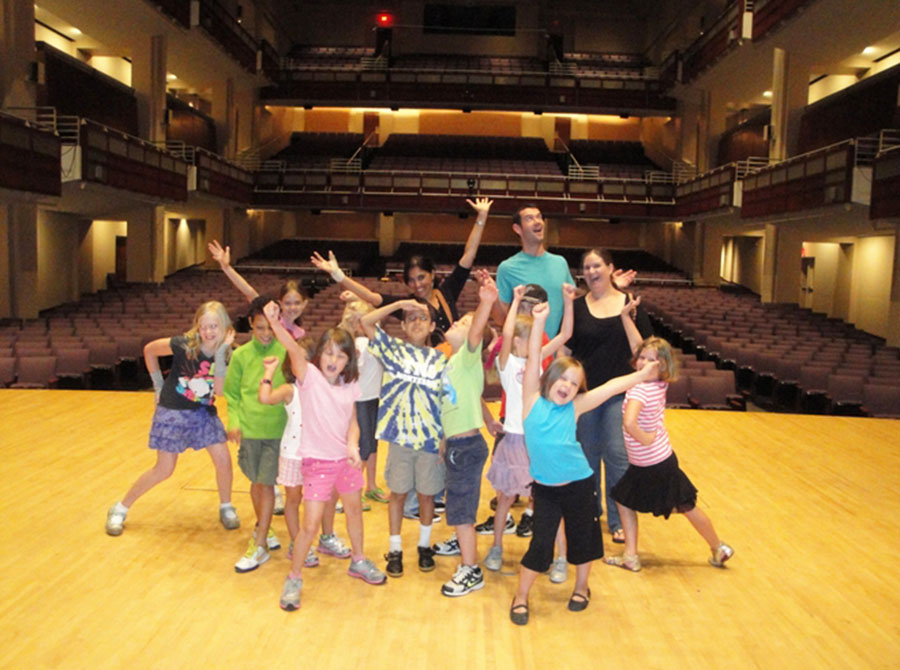Sometimes it is difficult for parents to decide if preschool is worthwhile. It seems expensive, and how does a parent know if preschool really benefits the child? A new study by the University of Chicago and UNC Chapel Hill suggests that early childhood education is critical to fostering higher-level thinking skills in children as young as age 4½.
The research, reported in January’s edition of Psychological Science, demonstrates that young children develop complex thinking skills such as planning, monitoring, task switching, and controlling attention much earlier than previously suggested.
What does this mean for parents and educators? The structure, experiences, and socialization of a child’s early environment is an important component to shaping these higher level cognitive skills. According to the report, “…these results show that knowledge is necessary for using thinking skills, as shown by the importance of early vocabulary, but also inhibitory control and executive function skills are important contributors to children’s analytical reasoning development.”
Findings such as those in the report emphasize the importance of an enriched social and academic environment that serves to address more than the traditional ABCs of a standard preschool curriculum. The goal of any childcare program should be to teach children “to learn how to learn” and how to think and act independently.
Considering the Montessori approach was first introduced in 1907, it is a resounding testament to Dr. Maria Montessori’s insight that many of the findings and educational strategies supported by modern research are routinely employed by Montessori schools worldwide. As with any successful philosophy, Montessori education continues to grow, develop, and improve. However, it is always a great moment when new research supports what we have been doing everyday in the classroom for many years!


